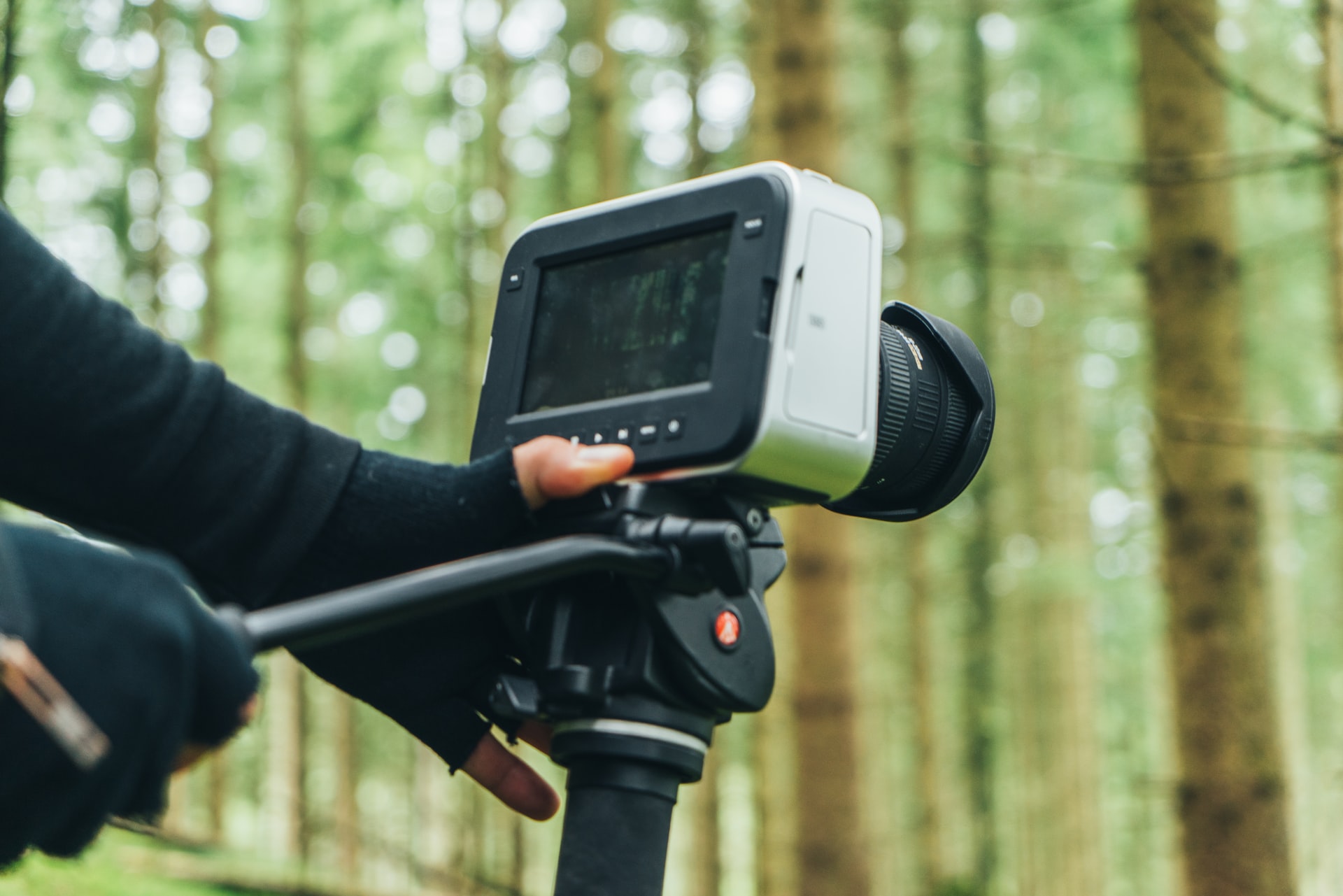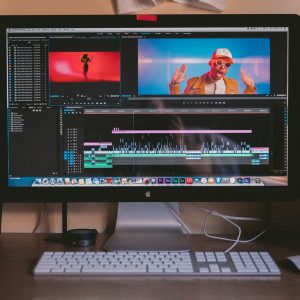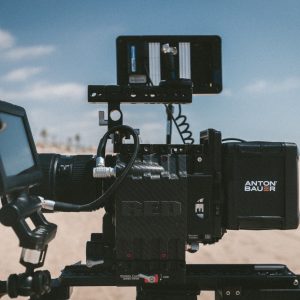The filmmaking process is detail-oriented, interesting, and ultimately deeply rewarding. There’s nothing quite like watching something you’ve created a play in front of people on-screen. But filmmaking for beginners is rife with mistakes. This includes logical and visual inconsistencies, rushed processes, and lack of foresight. Here are the most common filmmaking mistakes made by newbies.
10 Common Filmmaking Mistakes to Avoid
1. A bad script.
A strong script is the foundation of your movie or video. The scenes have to make sense and transition smoothly, the characters must be well-written, and the entire story has to make sense. Even if your editing is seamless or you waited innumerable hours to get that perfect lighting – nothing will matter if your script is weak. This is the most common filmmaking mistake most beginners make which ruins the entire filmmaking process. Remember – content is king! Your story has to be engaging, so spend time on it.
2. Less prep time.
Making a video or movie isn’t for the impatient. There are many minute details that go into it. From making sure the costumes are script-appropriate to even checking out the accents being used by the actors. There’s a lot that goes into it. Behind the scenes, there’s even more one has to be mindful of. This includes keeping your batteries charged, having spares, being extremely careful about the gear, doing weather checks, getting relevant permissions, and much more.
3. Boring openings.
We’re not saying you need Tarantino-esque explosions right in the first scene. But, you should create an interesting hook to keep viewers watching. Set the audience up for something – make them want to know more. Many make the mistake of paying less attention to the introductory scene. By doing this, you’re risking losing your viewers. Especially in this age of Netflix, it’s become very easy to skip what’s dull and find better content.
4. Poorly recorded sound.
There’s nothing more frustrating than a poorly recorded soundtrack or one that hasn’t been recorded at all. Most pro-level movies or advertisements treat the soundtrack separately.
First of all, the sound is usually recorded on a different mic, like a boom mic. Then this is taken to an audio-engineer who then levels the elements, mixes, and masters them, and then synchronizes them with the visuals. But many first-time filmmakers focus their efforts on videography and forget to even purchase sound-recording equipment. The result? The audio is too soft and the overall effect is unpleasant.
5. Too many words.
While a song or a poem is a great place to get creative with words and language – movies usually aren’t. Heavy dialogues with too many words are uninteresting and turn the audience off. Although it’s an audio-visual experience, most people want to be told a story through the visuals primarily, with a sweet soundtrack enhancing the moods of the story. Too many dialogues on the other hand can get boring and feel like a lecture instead.
6. Too few words.
On the other hand, you need to have some dialogue to establish connections between characters. Unless you’re making a silent film, you must create sharp and witty conversations between characters that intrigue the viewer. Find a good balance that suits your film’s genre. Comedies are heavier on dialogue usually, while dramas useless conversation. Take your time, get the right feedback, and develop the script over time so that you have a nice balance of the conversation.
7. Insufficient sound effects.
As we said, filmmaking is about details, such as sound effects. These are small but extremely important. They can include sounds of doorbells, thunder clapping, cars honking outside to create the illusion of traffic, and more. Most of these can be added during post-production and they add depth to the project’s soundscape. It’s also important to add high-quality sound effects to your film so that consistency and realism are maintained throughout.
8. Lazy casting.
The actors have to look like the part they’re playing. Details such as ethnicity, age, and even physical attributes have to make sense. Otherwise, it can feel strange and fake. It’s perfectly alright to cast your friends and families in your productions. But ensure that you’re allotting the right roles to them. The trick to avoiding this mistake is to audition the people who you’re casting before finalizing on anything. It’s also a good idea to do a few dress rehearsals before you start recording.
9. Not knowing the 180-degree rule.
There’s a rule in cinematography called the axis of action. If one jumps this axis, the relationship between the characters being portrayed on-screen becomes confusing. This rule must be kept in mind when placing the camera. In fact, there are many rules to creating the perfect composition. Following these rules helps establish the characters and creates ease of understanding for the viewer. They also make the scenes look more aesthetically pleasing.
10. Using too many cliches.
Beginner filmmakers tend to rely on cliches because those are well-known and can be a comfort zone of some kind. But these are boring to watch as they’re so overdone. It’s best to experiment and try new things. This is a creative field and a certain degree of trial and error will only help you become a better filmmaker. It’s better to try, make mistakes, then learn and grow, rather than copying the styles of others.
Learning how to smoothly create a film can take years of practice and hands-on experience – decades even. Or one could cut this time down to half and choose to learn filmmaking basics from certified professionals.
DICE-VFS, in association with The Vancouver Film School, is one of the best film-making courses in India. With industry experts as faculty and a comprehensive course, DICE-VFS prepares students for an exciting career as a film-making professional.
Immerse yourself in one of the best film-making courses in Mumbai!










